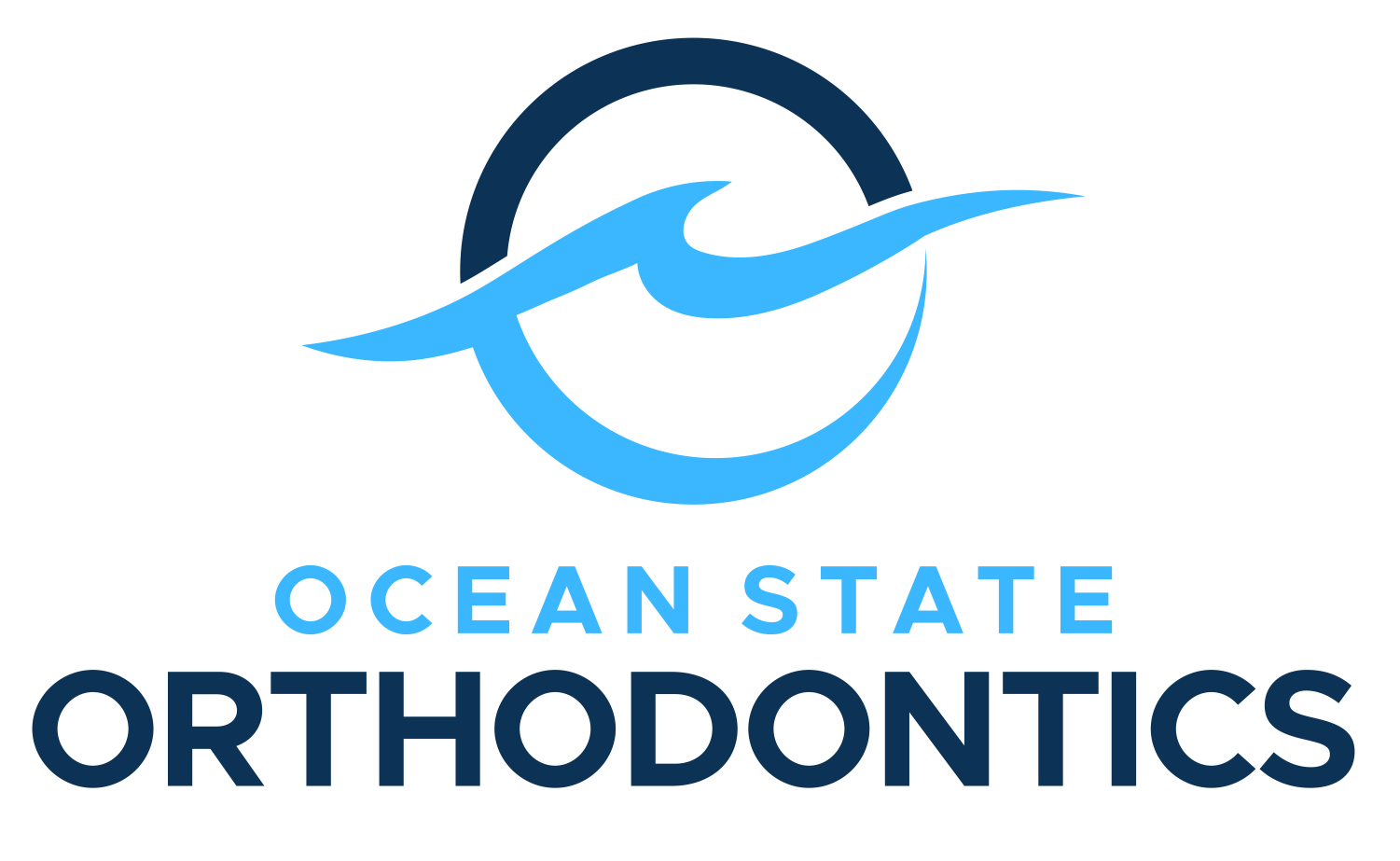Lingual Orthodontics
Lingual orthodontics are an excellent alternative to traditional braces, lingual orthodontic treatment could be an option for you!

Table of Contents
Absolutely determined to enhance your smile this year? Whether your teeth aren’t as straight as you’d like, your bite needs adjusting, or you’re seeking the confidence that comes with a beautiful smile, you might hesitate at the thought of wearing traditional braces for a year or two. If that’s the case, consider reaching out to Dr. Rosenberg to explore the option of lingual orthodontics, or lingual braces.
What are Lingual Braces?
Lingual braces provide a nearly invisible solution for teeth alignment. Unlike traditional braces, which use brackets attached to the front of the teeth with dental cement and rubber bands or clips to hold an arch wire, lingual braces are placed on the inner surface of your teeth. This unique positioning keeps them out of sight, even when you smile.
“Toward the tongue” is what “lingual” signifies, and this hidden placement is the key difference between lingual and traditional braces. Each set of lingual braces is custom-made for your teeth, utilizing a precise treatment plan and specially crafted arch wires to align your teeth from the inside gradually. As a result, these braces are almost invisible.
Are Lingual Braces Right for You?
You might be a suitable candidate for lingual braces if:
- You want the most discreet orthodontic treatment available.
- You don’t have a severe malocclusion (bite problem). A major overbite might reduce the space available for the brackets.
- Your tooth surfaces are large enough to accommodate lingual brackets. Children or adults with smaller teeth may not be ideal candidates.
Why Choose Ocean State Orthodontics for Lingual Braces?
Because of their complex installation and adjustment, lingual braces require orthodontists to have specialized training. To learn more about lingual braces and determine if they’re the right option for you, contact Ocean State Orthodontics and schedule a consultation with Dr. Barry Rosenberg.
Lingual Braces FAQs
Lingual braces differ from traditional braces in that they are attached to the inner side of the teeth, making them virtually invisible from the outside. This offers a discreet alternative for those seeking orthodontic treatment without the noticeable appearance of metal brackets and wires on the front of their teeth. While they function similarly in straightening teeth and correcting bite issues, the placement of lingual braces can initially cause discomfort and affect speech as the tongue adjusts. However, they provide the same effective results as traditional braces with the added benefit of being hidden from view.
Lingual braces are not suitable for everyone. While they can effectively treat many orthodontic issues, individuals with tiny teeth, severe bite problems, or certain tongue-related issues may not be ideal candidates. The unique placement of lingual braces can sometimes cause discomfort or affect speech, making them less suitable for those with sensitive oral conditions. A thorough consultation with an orthodontist is necessary to determine if lingual braces are the right option for an individual’s specific dental needs and circumstances.
Lingual braces can cause some initial discomfort as the tongue adjusts to brackets and wires on the inner side of the teeth. This discomfort may include soreness, irritation, and temporary changes in speech. However, most patients adapt within a few weeks and find the braces more comfortable. While the adjustment period can be challenging, the discreet nature of lingual braces often outweighs the initial inconvenience for many patients.
